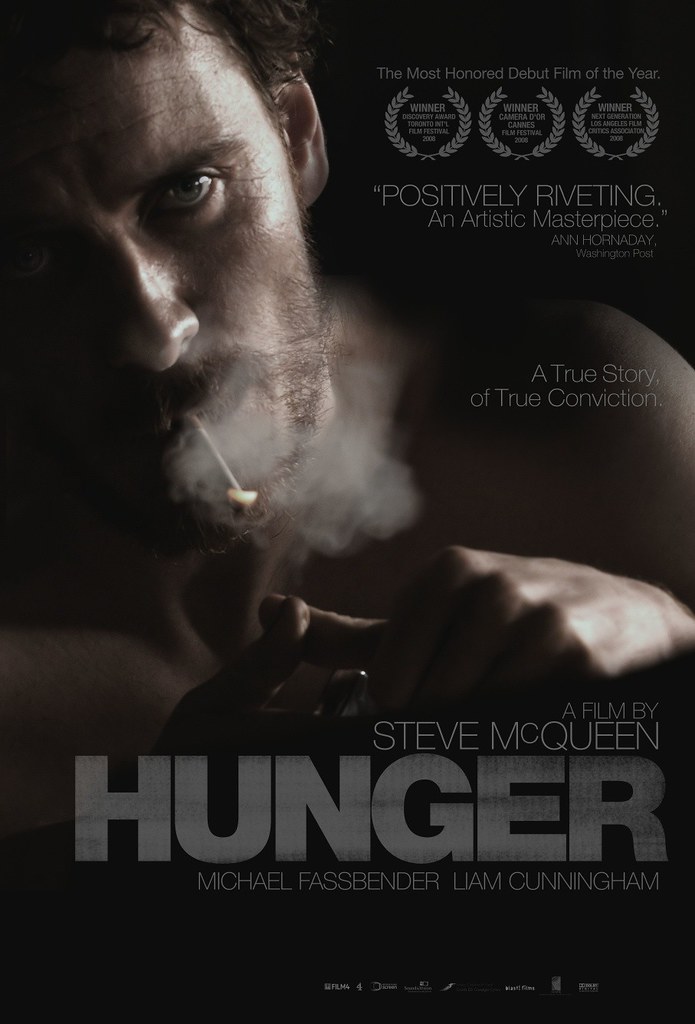
It's disturbing to think that the events depicted in this movie happened within my lifetime, that these kind of atrocities were committed against people not fifty or a hundred years ago but less than thirty. And that many or most of the people who did these terrible things are probably still alive today. But of course, this isn't a blog about historical monstrosities, so I'll talk about what I thought of the film. But because it's late and I'm neglecting my lady friend, I'll be brief.
The long meditative takes and realist approach to the story really work for the story. It's hard to look back on the scenes preceding the punishing end, in which our protagonist (of sorts, who only becomes our protagonist at roughly an hour in) starves himself to death in scenes that frankly make The Machinist seem cheap and gimmicky (there the emaciated human form was done with significantly less gravitas and to less evocative effect), but the best parts of the film for me were all the scenes leading up to this. The first two-thirds of Hunger embody the old tenet of "show don't tell" in a beautiful, kind of Malick-ish way, and makes the long, single-take back-and-forth with the prison chaplain so much more impactful and shocking. After sixty minutes of quietly, stubbornly suffering souls and head-butting confrontations, you suddenly feel like you're in the middle of a sharp-tongued Irish play, which begins light and gets heavy (as Irish plays tend to do).
Maybe it's that I'm a dramatist at heart but it was that sequence that hit me the hardest and stuck with me as the most beautiful and telling. Not for what was being said, but for how it was being said, and what it felt like to come across such a kinetically charged, nearly motionless scene in the middle of all these tense, quiet moments. It also reminded me for obvious reasons of Bronson, but again done with more impact and gravity. In short, this is one of those hard-to-watch movies that's incredibly worth it; every wordless scene was powerful; the torrent of words in the middle were powerful; the visceral slow decline to death at the end was powerful. I don't know much about the politics, and it's certainly a one-sided story (though I suspect it's hard to justify the other side on this one), but as a story and a film it's harrowing in all the right ways, and a true pleasure.

No comments:
Post a Comment